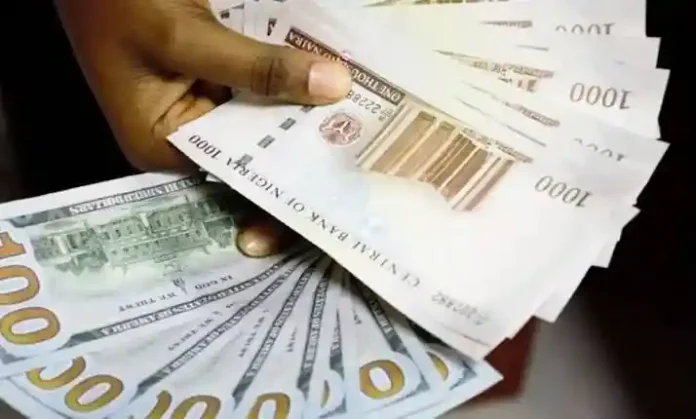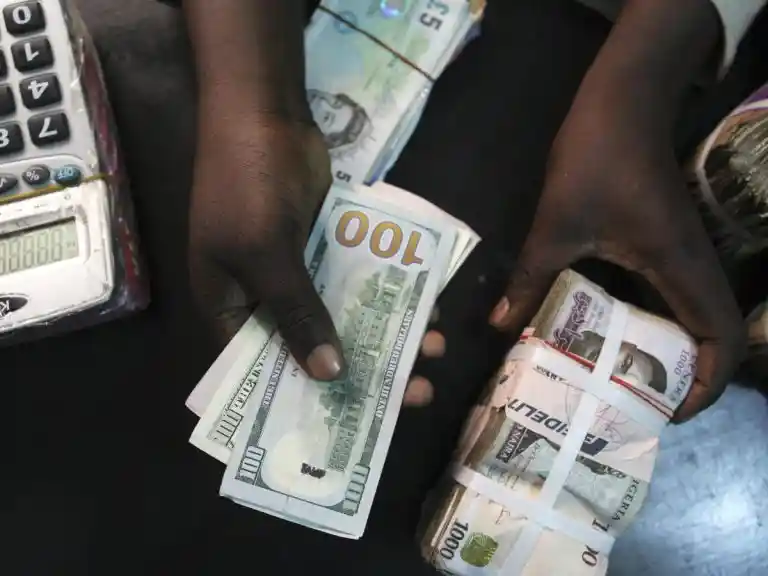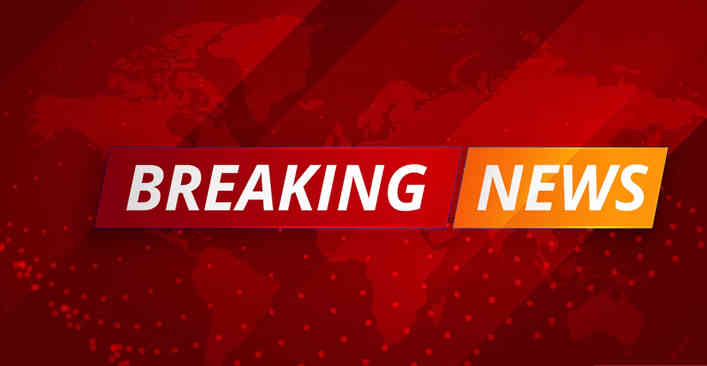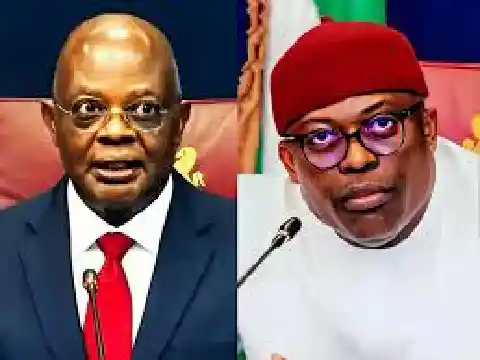The Nigerian Naira continues to face volatility amid economic reforms, inflationary pressures, and market speculations. As of today, Tuesday, April 15, 2025, the exchange rate of the U.S. Dollar (USD) to Nigerian Naira (NGN) remains a critical indicator for investors, importers, exporters, and everyday citizens alike.
In this detailed report, we present the official exchange rate, black market rate, budget forecasts, and an analysis of what these figures mean for Nigeria’s economy and the average citizen.
Official Exchange Rate (CBN Rate)
As of today, the Central Bank of Nigeria (CBN) maintains the official exchange rate at approximately:
- ₦1,655 per $1 USD
This rate is used predominantly for government transactions, international remittances processed through official channels, and some corporate forex allocations.
Key Insight: The official rate has experienced considerable depreciation since early 2024, when it hovered around ₦900 to ₦1,000 per USD. The persistent slide reflects ongoing inflation, declining oil revenue, and rising demand for foreign exchange.
Parallel Market (Black Market) Exchange Rate Today
In the black market — which continues to influence pricing in retail and informal sectors — the Dollar to Naira exchange rate is currently:
- ₦1,650 (Buying Rate)
- ₦1,660 (Selling Rate)
This rate is determined by demand and supply dynamics in the open market and is often used by importers, travelers, students abroad, and businesses unable to access dollars through the official window.
Note: The ₦5–₦10 spread between buying and selling highlights the speculative nature of the parallel market.
Why the Gap Between Official and Parallel Market Rates Persists
Nigeria’s foreign exchange market has long operated on dual exchange rates: the official rate managed by the CBN and the parallel market rate driven by free-market forces.
Several factors contribute to the persistent disparity:
- Inadequate dollar supply through the official window
- High demand for foreign currency for imports, medical trips, school fees, and tourism
- Speculation and hoarding by traders and middlemen
- Capital flight and limited foreign direct investment
Despite efforts by the Tinubu administration to unify exchange rates, a notable gap remains.
Presidential Target and 2025 Budget Projections
President Bola Ahmed Tinubu’s administration, in its 2025 fiscal framework, has set a projected exchange rate of ₦1,500 per $1 USD. This rate forms the basis for revenue and expenditure projections in the ₦28 trillion 2025 budget.
Economic analysts believe the administration is targeting a gradual appreciation of the Naira through:
- Improved oil output
- Foreign investment incentives
- Tighter monetary policy
- Anti-corruption in forex allocation
Additionally, the presidency aims to reduce Nigeria’s inflation rate from 34.6% to 15% before the end of 2025.
Impact on Prices, Economy, and Consumers
The ongoing volatility in the exchange rate has far-reaching implications:
1. Rising Cost of Living
With a weak Naira, the price of imported goods — including food, electronics, drugs, and spare parts — continues to surge. Businesses pass on the increased cost to consumers, thereby fueling inflation.
2. Fuel and Energy Crisis
Although Nigeria recently removed fuel subsidies, the cost of refined petroleum products (imported in dollars) continues to rise, pushing transportation and power generation costs higher.
3. Pressure on Local Businesses
Manufacturers relying on imported raw materials are struggling to stay afloat. The cost of production is rising while demand is shrinking due to reduced purchasing power.
4. FX for Students and Travelers
Parents paying tuition abroad, medical patients seeking overseas treatment, and businesses sourcing goods internationally are all feeling the squeeze. Dollar scarcity and high black market rates are forcing many to pause or cancel plans.
How the Exchange Rate Affects Google AdSense Publishers in Nigeria
For bloggers, website owners, and digital entrepreneurs using platforms like Google AdSense, the USD/NGN exchange rate directly affects revenue.
- Higher Dollar-to-Naira rates mean more Naira per AdSense dollar, boosting income in local currency.
- However, delays in dollar remittances or restrictions on domiciliary withdrawals can affect cash flow.
Many content creators are now optimizing for high-paying keywords, focusing on foreign traffic, and using multiple payment processors to maximize revenue.
What to Expect in Coming Weeks
While no one can predict exchange rates with absolute certainty, some trends are worth watching:
1. Oil Production and Revenue
As Nigeria works to meet its OPEC production quotas, an increase in oil revenue could help strengthen the Naira — especially if oil prices remain above $85/barrel.
2. External Borrowing and Debt Servicing
Rising debt obligations in dollars will keep pressure on forex reserves, potentially pushing the Naira further down if not managed properly.
3. Global Economic Trends
The strength of the U.S. dollar globally, driven by Fed policies and geopolitical tensions, also plays a role in shaping Nigeria’s exchange rates.
4. CBN Policy Shifts
The Central Bank may introduce new interventions or floatation models to attract forex inflows and unify the exchange rate system. Any such move will have ripple effects on both official and parallel markets.
Practical Advice for Businesses and Individuals
- Diversify Revenue Sources: Don’t depend solely on Naira-based earnings; explore dollar-based online platforms or remittances.
- Use Official Channels: If possible, process forex needs through licensed banks or BDCs to avoid fraud.
- Hedge Currency Risks: Importers can consider forward contracts or pre-funding to manage future exposure.
- Track Daily Rates: Regular updates on exchange rates can help businesses and individuals make informed financial decisions.
Conclusion
As of April 15, 2025, the Dollar to Naira exchange rate stands at ₦1,655 (official) and approximately ₦1,660 (parallel market). The wide gap highlights Nigeria’s ongoing economic challenges, but also offers opportunities for those positioned in forex-receiving sectors.
While reforms are underway to stabilize the Naira and reduce inflation, the road ahead remains uncertain. Stakeholders across sectors must brace for continued fluctuations — and make strategic financial choices accordingly.
Stay with TJ News Nigeria for verified and timely updates on forex, inflation, and financial developments impacting Nigerians daily.













